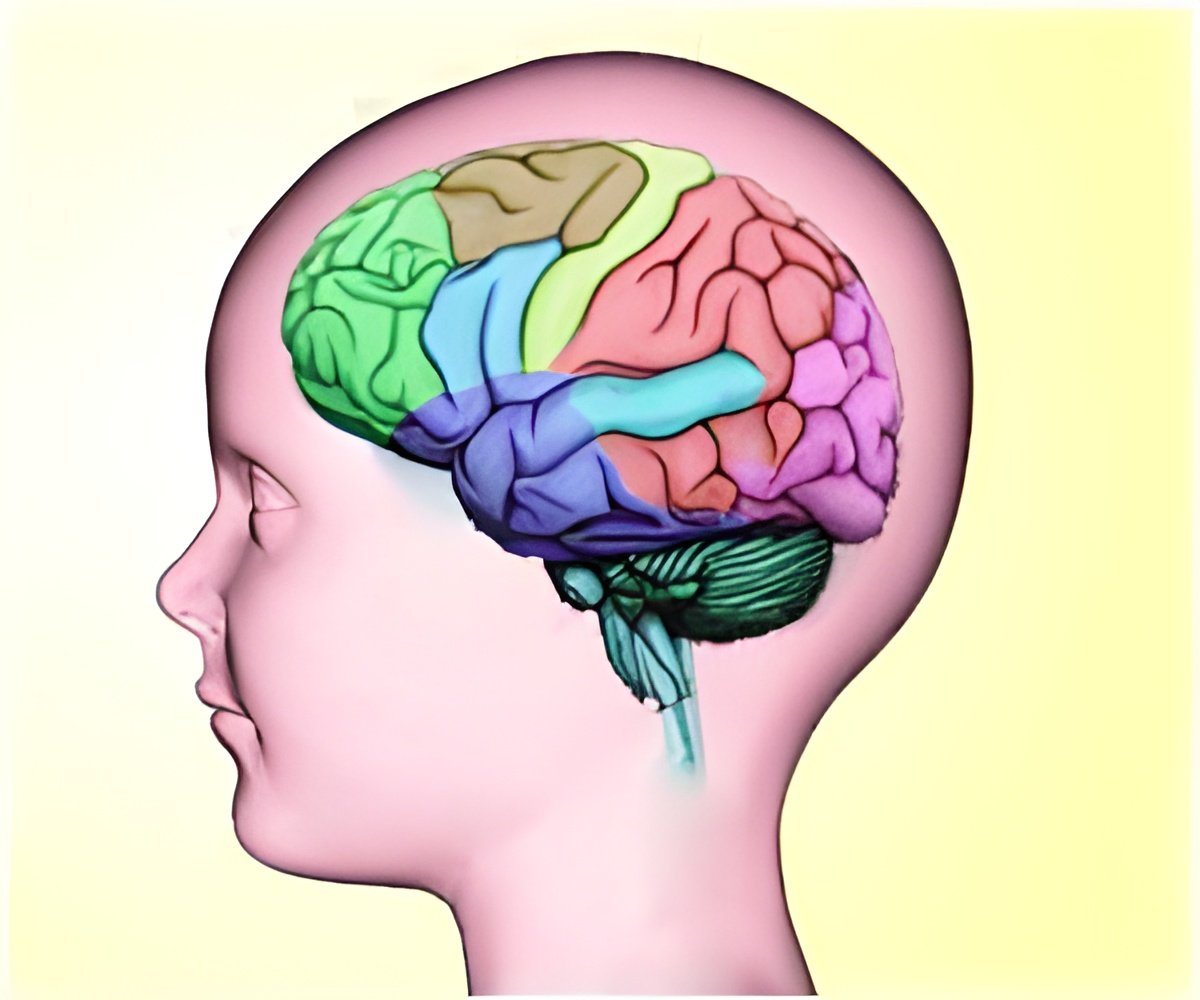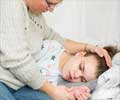
Researchers mailed a survey to a national sample of adults who self-reported having epilepsy, as part of the Epilepsy Comorbidities and Health (EPIC) study. The survey included several assessments and scales with established reliability and validity, to measure ADHD symptoms, and also other factors that might impact patients' physical and mental health. These survey assessment included the Adult ADHD Self-Report Scale (ASRS-6), Physicians Health Questionnaire (PHQ-9) and Generalized Anxiety Disorder Assessment (GAD-7). Questions about past 3-month seizure frequency and number of antiepileptic drugs (AEDs) were also included. The outcome measures included the Quality of Life in Epilepsy scale (QOLIE-10), Quality of Life and Enjoyment and Satisfaction Questionnaire (Q-LES-Q), and Sheehan Disability Scale (SDS). The relationship of ADHD symptoms to quality of life outcomes was examined using statistical analyses, which also took into consideration sociodemographics, depression, anxiety, seizure frequency, and number of AEDs.
Dr. Ettinger said, "Physicians who treat epilepsy often attribute depression, anxiety, reduced quality of life and psychosocial outcomes to the effects of seizures, antiepileptic therapies and underlying central nervous system conditions. Our findings suggest that ADHD may also be playing a significant role. However, we don't know yet if ADHD in epilepsy is synonymous with ADHD in the general population, which is often responsive to treatment. As a next step, we need to validate measures to screen for ADHD specifically in epilepsy and clarify the nature of ADHD symptoms in adults with epilepsy. This will lay the foundation for future trials of treatments that offer the promise of rendering major improvements in the quality of life of adult epilepsy patients."
Source-Medindia














